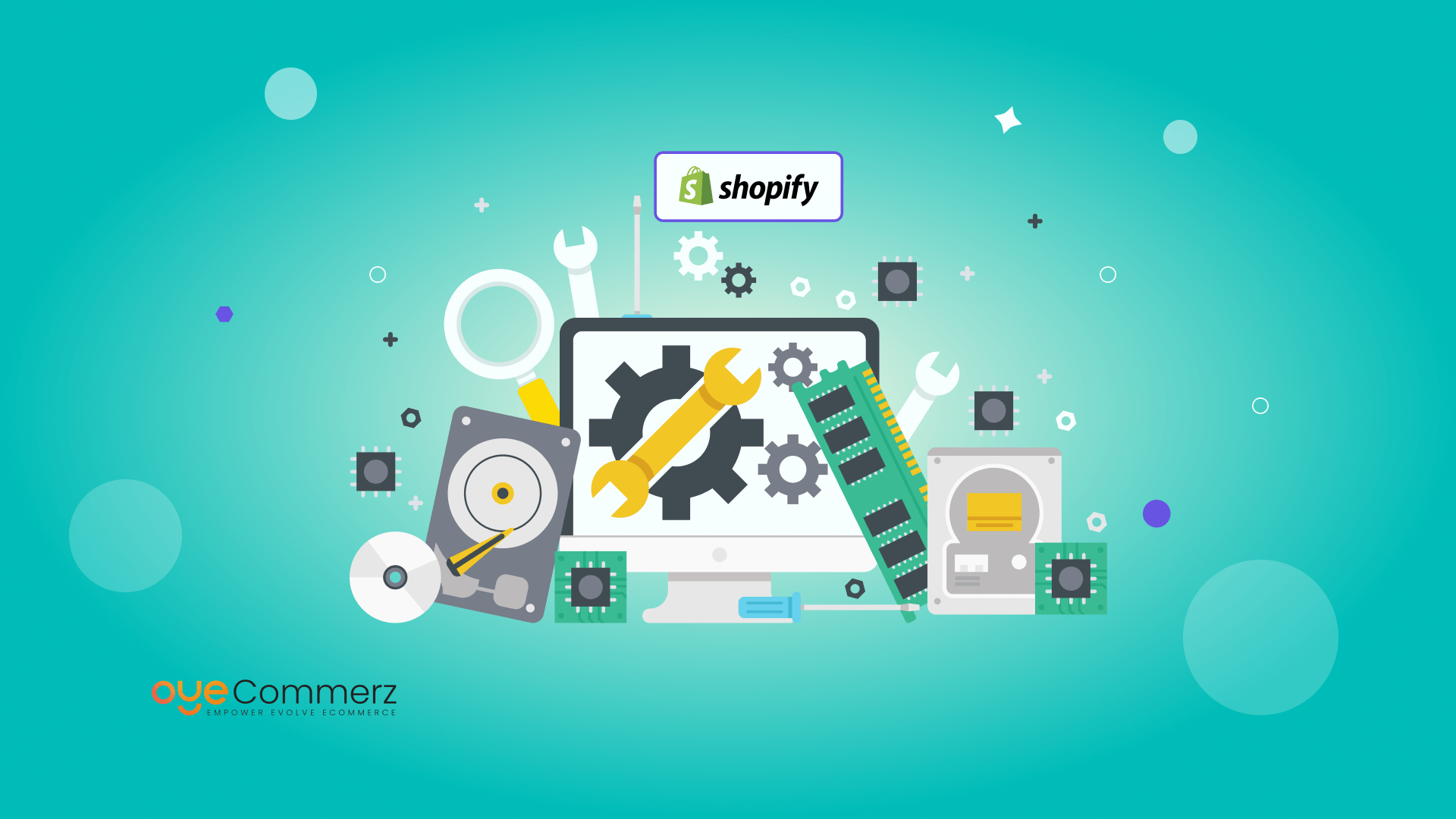Empower Your E-commerce: Custom App Development for Shopify to Boost Performance
Empower Your E-commerce: Custom App Development for Shopify to Boost Performance
Blog Article
Overview
In the current cutthroat e-commerce landscape, differentiating is paramount, and a top method to differentiate a Shopify store is through custom app creation. A robust Shopify app can enhance store functionality, simplify processes, and boost customer engagement. This article explores essential elements of Shopify app development, covering API integration and app ecosystem to scaling strategies and promotion methods, offering a roadmap for businesses seeking superior store efficiency.
The Importance of Shopify API Integration
Shopify’s API offers robust tools to personalize and expand store functionalities. With GraphQL and REST APIs, developers can access data to build applications that manage inventory control, order processing, and customer information management smoothly. Using Shopify’s API can enable improved workflow automation and enables stores to assist shoppers more effectively.
Adopting the Polaris Design System
Polaris is Shopify's design system for creating intuitive and easy-to-use Shopify apps. By following Polaris principles, developers guarantee that apps seamlessly integrate within the Shopify Admin interface. This ensures a cohesive look and feel that resonates with Shopify merchants, encouraging ease of use and familiarity for merchants utilizing your tailored app.
Understanding the Shopify App Ecosystem
The Shopify app ecosystem offers endless possibilities for improving e-commerce sites. From managing fulfillment processes to increasing customer interaction, apps in this ecosystem are tailored to meet various business needs. Learning about this ecosystem helps developers in identifying unique app opportunities and enables smooth connections of external tools that add value to the store.
Building Embedded Shopify Apps
Embedded apps work seamlessly within the Shopify Admin, providing a smooth interface for merchants. They ensure that merchants do not need to navigate away from their Shopify dashboard, streamlining their workflow. Using Shopify App Bridge and embedded app capabilities is recommended for offering a cohesive, integrated user environment.
Leveraging Node.js and React for Shopify Development
Node.js and React have become top options for Shopify app creation. This server-side framework enables efficient back-end services, while React allows for interactive and adaptive front-end design. Combined, they offer an excellent framework for creating speedy, scalable Shopify apps that enhance Shopify app adoption strategies store functionality and customer engagement.
Webhooks in Shopify Apps
Webhooks allow real-time data updates between Shopify and an outside application. They initiate events such as order creation or inventory updates and provide immediate alerts to your app. By implementing webhooks, apps can deliver real-time information to store owners, streamlining workflows and boosting efficiency.
Customer Engagement and Digital Marketing for Shopify Apps
To ensure Shopify app success, connecting with users is crucial. Utilizing digital marketing strategies like SEO, email marketing, and social outreach can drive app adoption. Additionally, designing apps with customer interaction as a focus (e.g., loyalty programs or personalized recommendations) increases user retention and loyalty.
Making Your Shopify App Scalable
As e-commerce stores expand, so do their technological needs. Ensuring that your app can scale to handle increased traffic, larger databases, and more advanced functionalities is essential. By optimizing server capacity and using scalable technologies, you can develop apps that expand in tandem with a store’s growth.
Important Features and Maintenance Tips for Shopify Apps
For an app to be effective, it should include essential features like user login, analytics dashboard, and support channels. Regular app maintenance, with updates to fix bugs and ensuring compatibility with new Shopify functionalities, is important to maintain uninterrupted performance and avoid interruptions to business processes.
Conclusion
Custom Shopify app development holds vast potential for e-commerce stores, offering the ability to improve store functionality, streamline processes, and foster customer loyalty. From integrating APIs to ensuring scalability and customer engagement, building a Shopify app requires thoughtful preparation and strategic execution. If you’re prepared to elevate your e-commerce experience, a tailored Shopify application could Boost Shopify functionality be the perfect solution. What features do you see for your ideal app? Share your thoughts and take the first step toward an optimized e-commerce journey!
 Report this page
Report this page